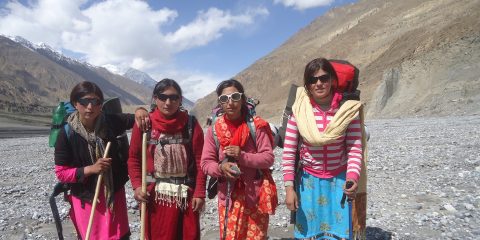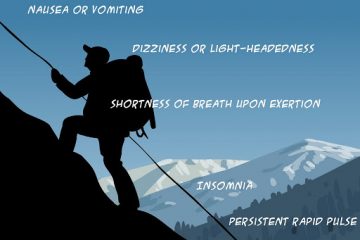We advise you to get in touch with a relevant doctor before leaving for Pakistan. Inform your doctor of your plans, check for any necessary vaccinations, and list down prevention measures. Travelers must be protected with the recommended vaccines and boosters in your country and also consider discretionary vaccine shots for example Malaria prophylaxis. Malaria does exist in a few parts of Islamabad.
Hopefully, you will be staying in clean areas and have minimal chances of getting malaria. However, hospitals in Islamabad, Peshawar, Lahore, Quetta and Karachi, report cases of Malaria and even Dengue, especially during the rainy days. In cities and towns of northern areas, there is also a risk of malaria, even if a little.
Long sleeves, long pants, and mosquito repellents almost wipe out any chances or getting the relevant vaccine would be the best you can do to avoid the disease during your holiday. We also recommend a visit to your dentist if you are planning a holiday (e.g. trekking holiday) into the remote mountains of northern Pakistan.
All those travelers who want to extend their stay in Pakistan up to four (4) weeks or further must be aware that on exit, proof of vaccination of polio will be important. Proof of yellow fever vaccinations will be necessary if you are coming from countries (more than 12 hours transit country also included) with threats of transmission of yellow fever.
The list of diseases in Pakistan you should know about before travel to Pakistan is given in the table below.
| Diseases | Special Precautions |
| Hepatitis A | Yes |
| Diphtheria | Yes |
| Malaria | Yes |
| Rabies | Sometimes |
| Tetanus | Yes |
| Typhoid | Yes |
| Yellow Fever | No* |
Travel Vaccines for Pakistan Travel
1: Hepatitis A
Recommended for all travelers >1 year of age not previously immunized against hepatitis A. Hepatitis B vaccine is also recommended for all travelers who might be exposed to blood or bodily fluids from unprotected sex with a high-risk partner; from injecting drug use with shared/re-used needles and syringes; from medical treatment with non-sterile (re-used) needles and syringes; from contact with open skin sores. Recommended for any traveler requesting protection against the Hepatitis B virus.
2: Influenza
Vaccination recommended for all travelers >6 months of age who have not received a flu shot in the previous 12 months.
3: Japanese Encephalitis
Recommended for travelers planning to visit rural farming areas for >4 weeks and under special circumstances, such as a known outbreak of Japanese encephalitis.
4: Polio
A one-time dose of IPV vaccine is recommended for any traveler >age 18 who completed the primary childhood series but never received an additional dose of polio vaccine as an adult. Available data do not indicate the need for more than a single lifetime booster dose with IPV (Inactivated Polio Vaccine).
5: Rabies
Recommended for travelers spending time in remote locations, or outdoors in rural areas where there is an increased the risk of animal bites. Pre-exposure vaccination eliminates the need for rabies immune globulin in the event of a high-risk animal bite, but does not eliminate the need for additional treatment with rabies vaccine.
6: Routine Immunizations
Immunizations against tetanus-diphtheria, measles, mumps, rubella (MMR vaccine) and varicella (chickenpox) should be updated, if necessary, before departure. MMR protection is especially important for any female of childbearing age who may become pregnant.
• The new Tdap vaccine, ADACEL, which also boosts immunity against pertussis (whooping cough) should be considered when a tetanus-diphtheria booster is indicated.
7: Typhoid
Recommended for all travelers with the exception of short-term visitors who restrict th and cruise passengers.
8: Yellow Fever
A yellow fever vaccination certificate is required for all travelers >1 year of age arriving from any country in the yellow fever endemic zones. Vaccination is not recommended or required otherwise.





























Leave a Reply